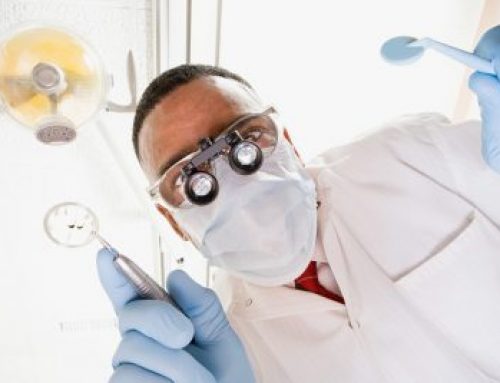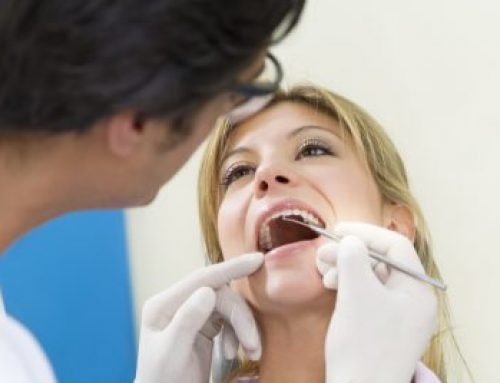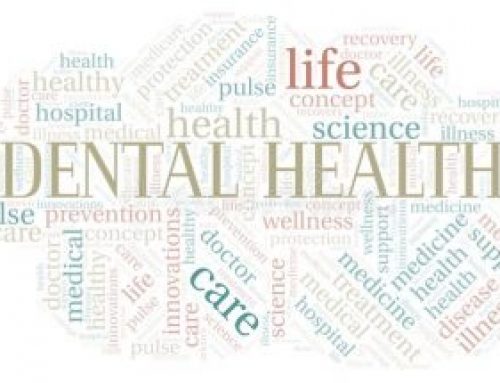Dental caries (tooth decay) is the single most common chronic childhood disease – 5 times more common than asthma and 7 times more common than hay fever. Recent studies have also shown a link between oral disease and low birth weight, cardiovascular disease, respiratory infection, and diabetes. All of this reinforces what we have all known for a long time – the health of your mouth affects your overall health.
The good news is tooth decay can be prevented with self-care (daily brushing and flossing), fluoride, and sealants.
So, how does poor oral health affect your child’s learning or performance in school? Dental disease is one of the top causes of absenteeism among elementary school children. The Office of the U.S. Surgeon General calls dental and oral diseases a “silent epidemic.” The report stated that nearly 52 million hours of school are lost each year due to dental-related illness. The symptom that goes hand-in-hand with dental disease is pain. Pain from oral disease will keep students from concentrating and learning. Any kind of pain or discomfort around the head will be a big distraction and keep their mind from focusing on the tasks at hand, like math, science, English, history, etc. Pain and swelling are both symptoms of severe disease. Sadly, these severe cases are common in our classrooms.
What can we do to improve our children’s oral health? Unlike taking care of your ears, caring for your mouth requires daily attention, as well as visits to the dentist office for professional care on a regular basis – every 6 months. Remember, tooth decay is preventable. That is why it is vital that all children start seeing a dentist at an early age, as early as 12 months old. Children that see visit a dentist on a regular basis take better care of their teeth and gums and do not have the significant problems that are often present in children who never visit the dentist. This also gives us the opportunity to identify problems early before they escalate into larger, more expensive problems to treat.
Many people are not aware that poor oral health can have serious effects on overall health. I have often heard people say, “Oh, they’re just baby teeth, they’ll fall out anyway.” What they don’t realize is that if you have tooth decay early in childhood, you have a good predictor of future decay. Establish good oral health habits early. When your child is 12 months old, you can begin using toothpaste, without fluoride, when brushing his or her teeth. However, only use a pea-sized portion on the brush and press it into the bristles so your child won’t eat it. And, when the gaps between your child’s teeth close, it’s important to start flossing. Serve as a good role model by practicing good oral health care habits yourself. Check your child’s mouth for any signs of gum disease, including bleeding gums, swollen and bright red gums, gums that are receding away from the teeth and bad breath. Let’s all work together to ensure that nothing, including tooth decay and gum disease, is standing in our children’s way of getting the most out of the classroom.
About HPS Advanced Dental Care, PC
Dr. Heather Pranzarone Stratton is a Family and Cosmetic Dentist practicing with a Biological and Biocompatible philosophy in Shelby Township,Michigan. Our practice provides a full range of Family and Cosmetic Dentistry services for your entire family including, professional cleanings and oral cancer screenings, tooth restoration, porcelain veneers, crowns, bridges, root canal therapy, tooth whitening, and dentures. We are a mercury free and mercury safe dental practice and latex free practice. HPS Advanced Dental Care, PC easily serves Macomb and Oakland Counties. We are easily accessible from many metro Detroit cities including: Shelby Township, Rochester, Rochester Hills, Macomb Township, Oakland Township, Washington, Birmingham, Troy, Sterling Heights, Clinton Township, and many more.





